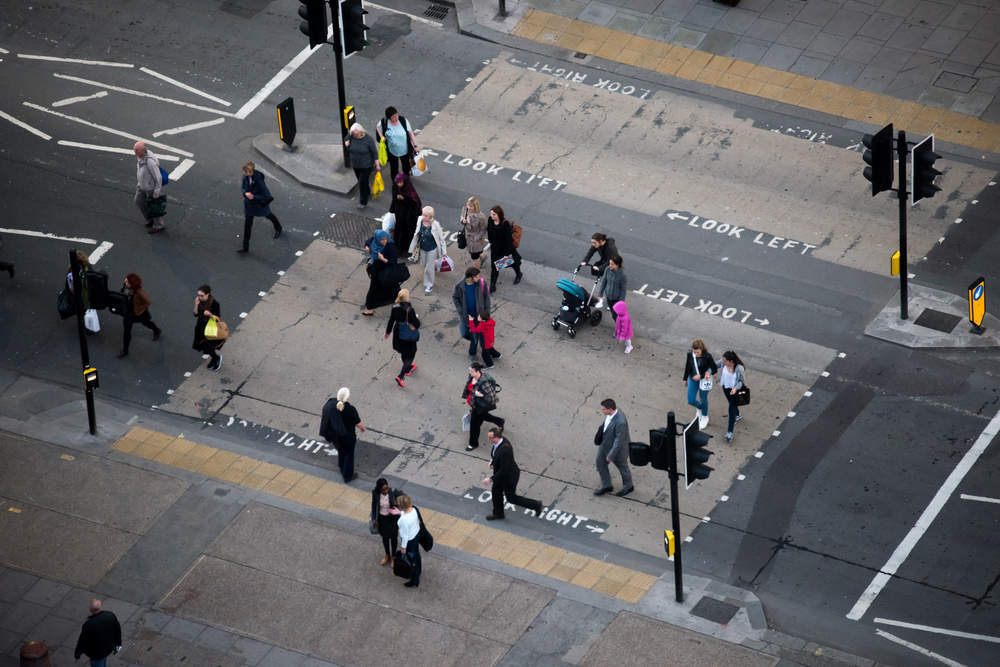
Ever feel rushed to get across the road? One public body in the UK thinks we should be given more time.
The elderly, parents with prams, and the disabled should be given more time to cross the road at pedestrian crossings across the UK, according to a draft guidance document published by the National Institute for Health and Care Excellence (Nice).

Access deeper industry intelligence
Experience unmatched clarity with a single platform that combines unique data, AI, and human expertise.
Nice is urging local councils to ensure that the green man lights up for longer to ensure that even those with limited mobility are encouraged to stay active.
Physical inactivity costs the NHS an estimated £1.1bn per year.
Today you get between four and nine seconds to cross the road
Professor Mark Baker, director of the centre for guidelines at NICE, said:
It should not matter whether you are on foot, in a wheelchair, have a visual impairment or if you’re a parent pushing a pram. If streets, parks and other open spaces are well planned, everyone should be able to get around their local area easily. Safe, accessible streets and well maintained parks can help people to get active and live longer, healthier lives.
 GlobalData Strategic Intelligence
GlobalData Strategic IntelligenceUS Tariffs are shifting - will you react or anticipate?
Don’t let policy changes catch you off guard. Stay proactive with real-time data and expert analysis.
By GlobalData
The UK’s Department of Transport currently recommends that the green light shines at pedestrian crossings for as little as four seconds and no more than nine seconds, depending on the width of the road.
A study published by University College London in 2012 found that the vast majority of people over 65 years old in England are unable to walk fast enough to use a pedestrian crossing.
Justin Varney, national lead for physical activity, Public Health England (PHE), said:
Physical activity benefits everyone at all stages of life. People living with impairments are less active, and this can be due to the way the built environment, including public spaces and transport systems, is designed. Making physical activity accessible to everyone when planning spaces benefits communities in terms of health, environmental sustainability and economic regeneration.
The recommendations are out for consultation until 2 October.







